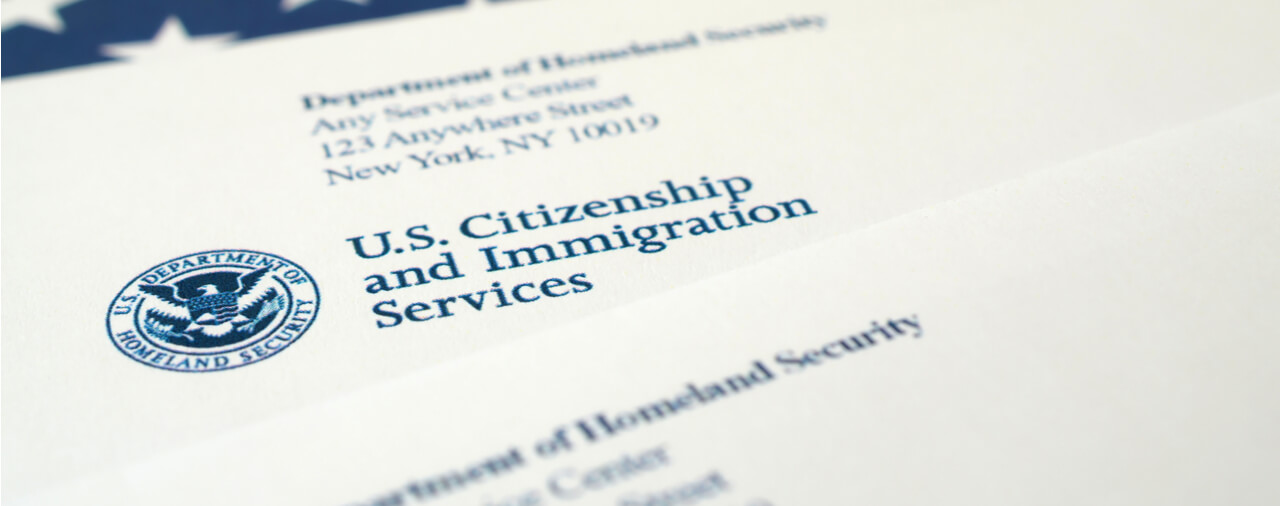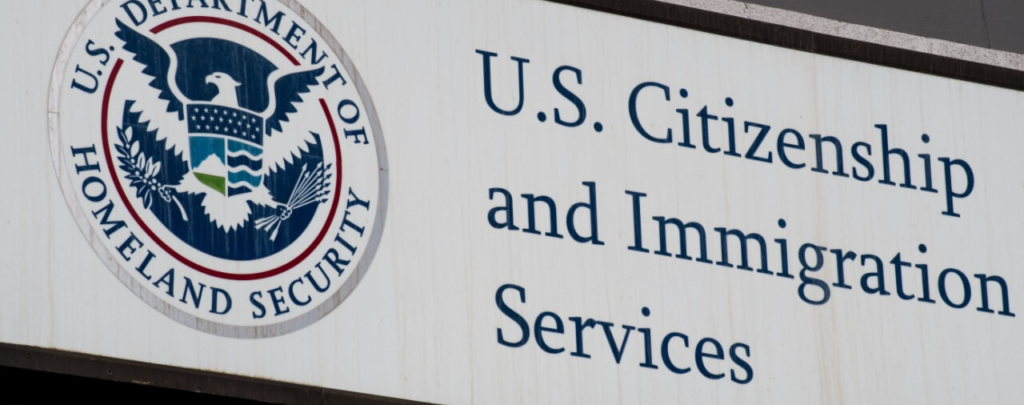The Obama Administrative has used executive action to expand the use of parole to assist members of the armed forces, individuals in the reserves, and veterans. Section 212(d)(5)(A) of the INA provides the Secretary of the Department of Homeland Security “may in his discretion parole into the United States temporarily under such conditions as he may prescribe only on a case-by-case basis for urgent humanitarian reasons or significant public benefit any alien applying for admission to the United States[.]” INA §212(d)(5)(A). Parole is typically used to permit an alien who is outside the United States to enter the United States. However, the Department of Homeland Security has recognized that “parole may also be granted to aliens who are already physically present in the U.S. without inspection or admission.” Policy Memorandum, Department of Homeland Security, PM-602-0091 (November 15, 2013). The authority to grant parole in place was officially recognized in 1998, but has been used sparingly over the years.
Recognizing that many members of the Armed Forces, individuals in the reserves, and veterans face stress and anxiety over the immigration status of the spouses, children, and parents, USCIS expanded the use of parole in place. While the decision on whether to grant parole is discretionary, the Department of Homeland Security has stated “[t]he fact that the individual is a spouse, child, or parent of an Active Duty member of the U.S. Armed Forces [ ] ordinarily weighs in favor of parole in place.” Id. The Department of Homeland Security further indicated “[a]bsent a criminal conviction or to her serious adverse factors, parole in place would generally be an appropriate exercise of discretion for such an individual.” Id. Parole in place is granted in one-year increments. Id.
Parole in place has been beneficial to many military families as it allows spouses, children, and parents of members of the armed forces, individuals in the reserves, and veterans to remain in the United States. These family members can also apply for an employment authorization document (EAD), which provides government-issued photo identification and the ability to work in the United States legally. One of the specific goals of expanding the use of parole in place was “to minimize periods of family separation, and to facilitate adjustment of status within the United States by immigrants who are the spouses, parents and children of military members.” See Letter from Hon. Janet Napolitano, Sec. of Homeland Security, to Hon. Zoe Lofgren, U.S. House of Representatives (Aug. 30, 2010). Parole in place can create a path to lawful permanent residence for some aliens who entered the United States without inspection who would otherwise be ineligible to seek adjustment of status in the United States.
In addition, to expanding the use of parole in place the Department of Homeland Security recently announced it is creating a parole program that would allow certain family members of Filipino and Filipino-American World War II veterans to receive parole to come to the United States. While parole does not confer any permanent right to remain in the United States to the alien, it is a humanitarian measure that can help reunite families. This parole program is designed to allow qualifying family members to enter the United States to provide support and care for aging veteran family members who are either United States citizens (USCs) or LPRs. Unfortunately, the Department of Homeland Security has not provided any additional information about this parole program including when this parole program will be available.





